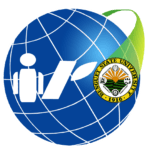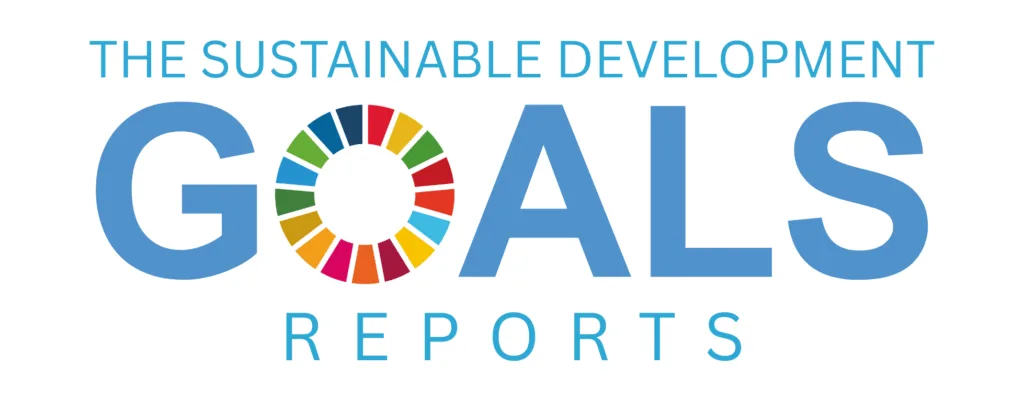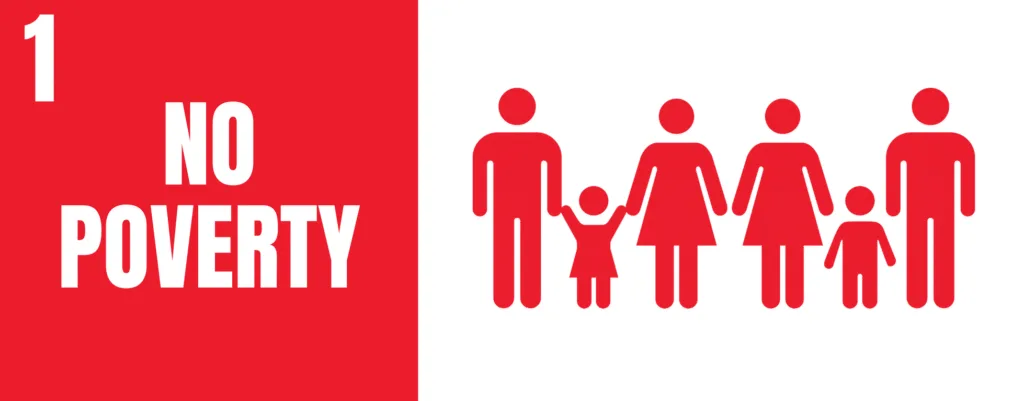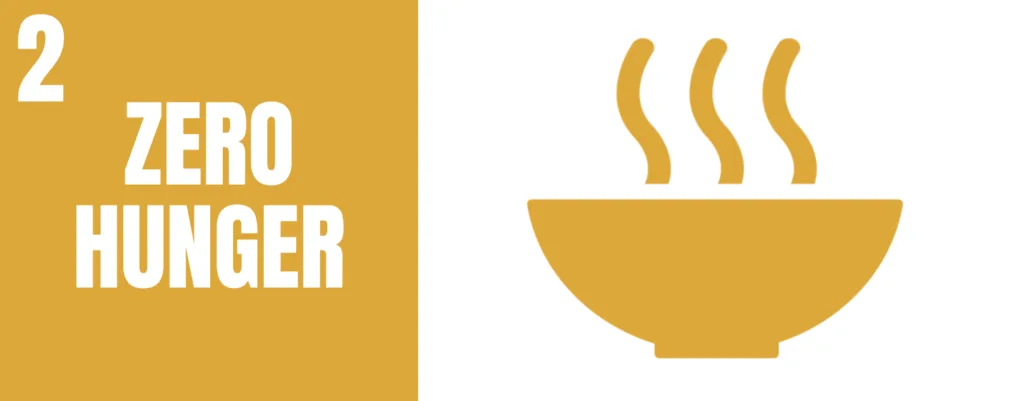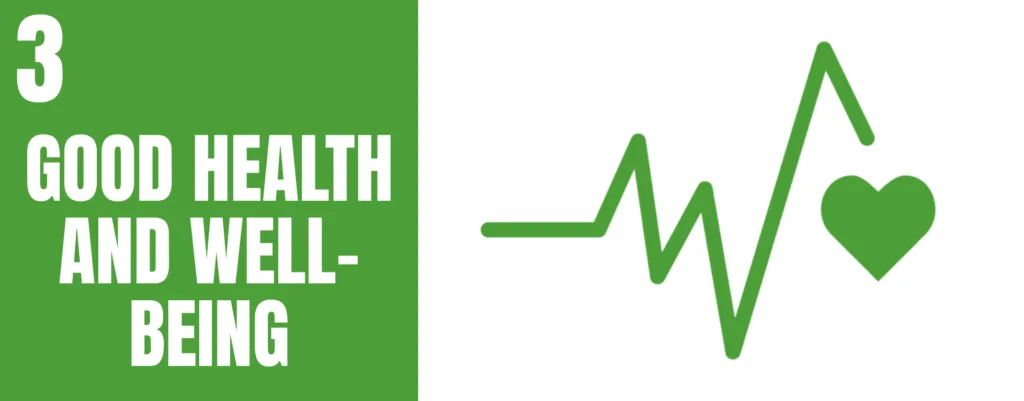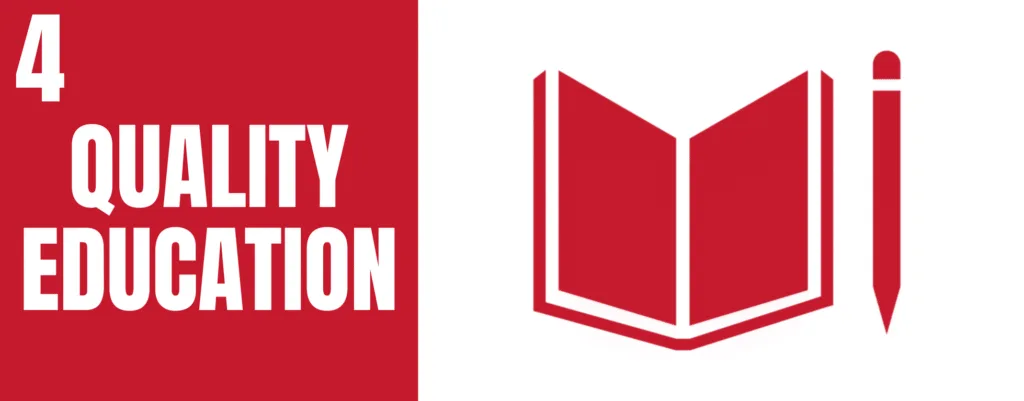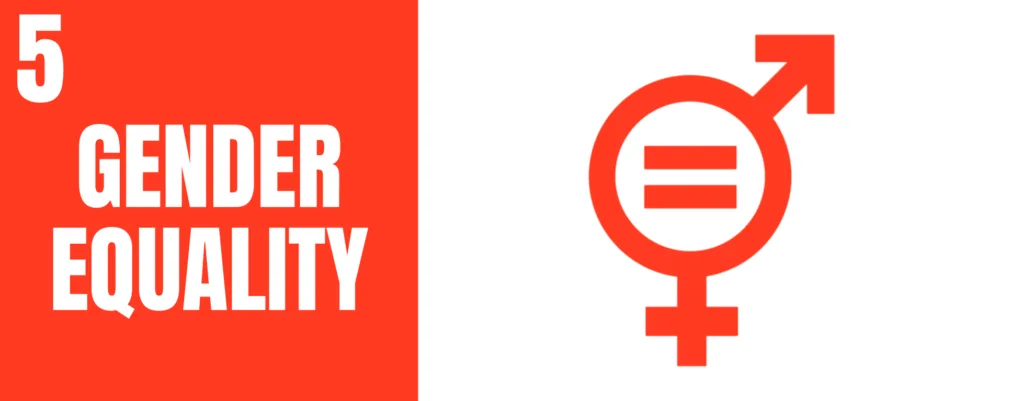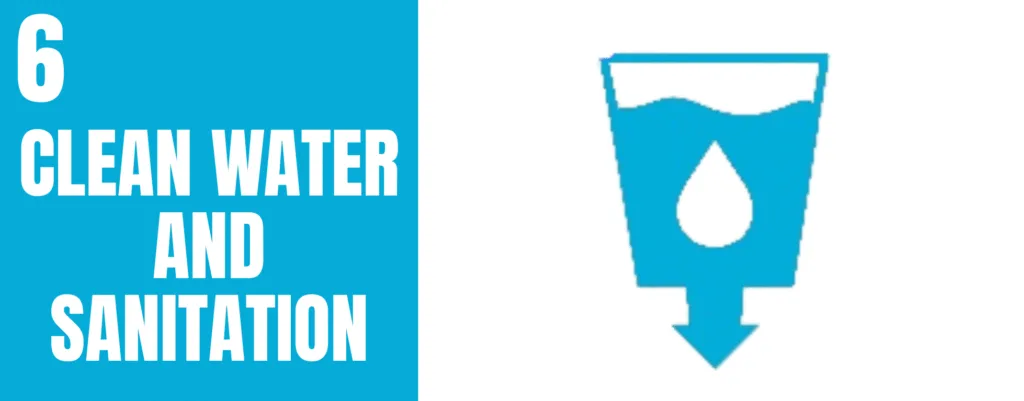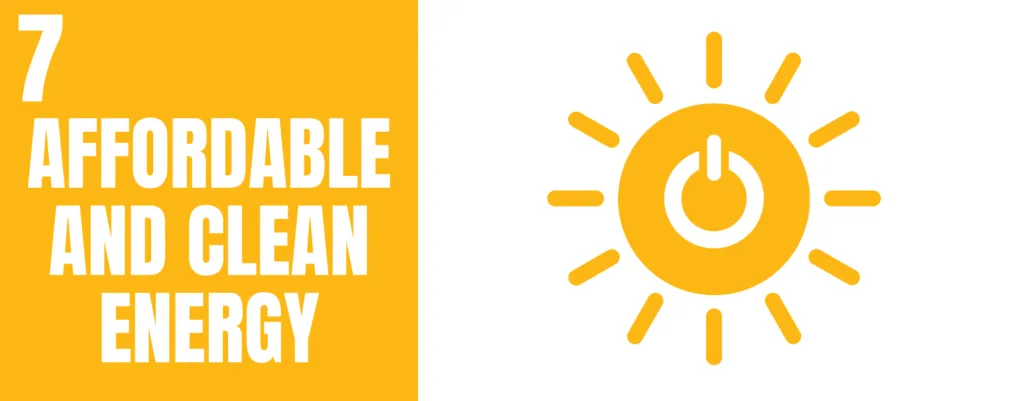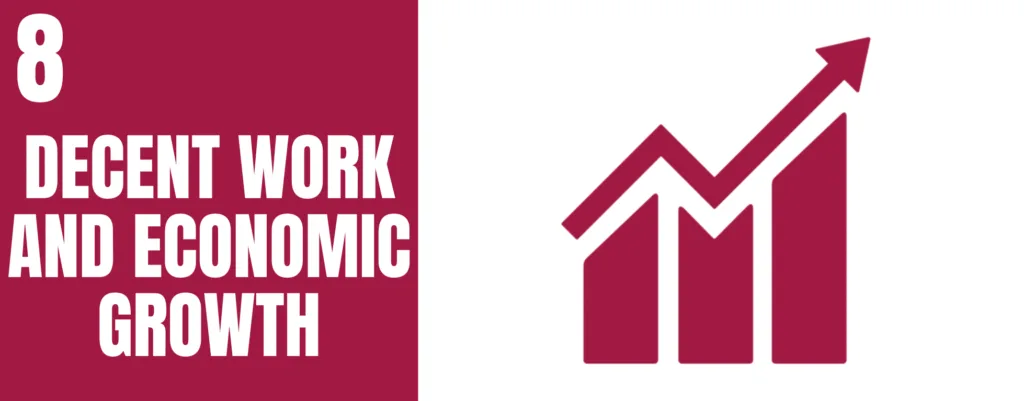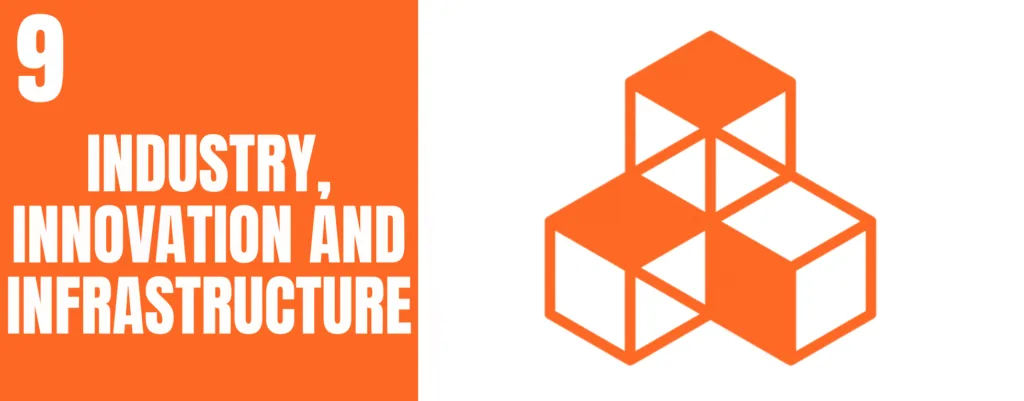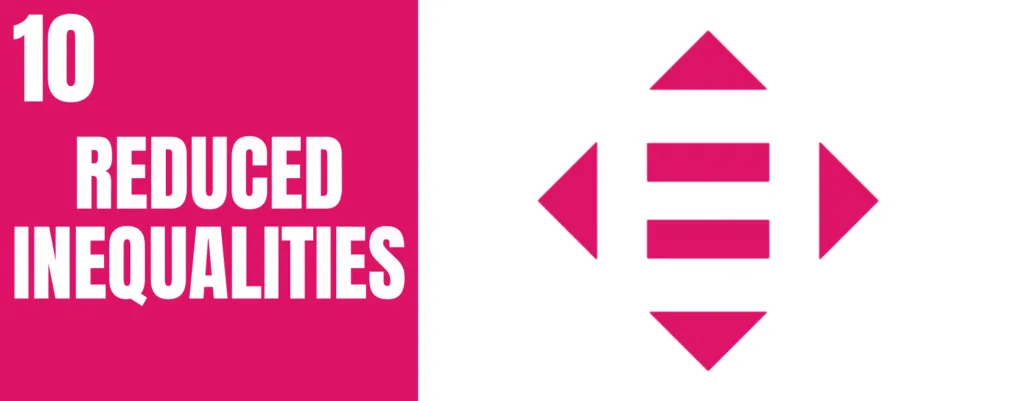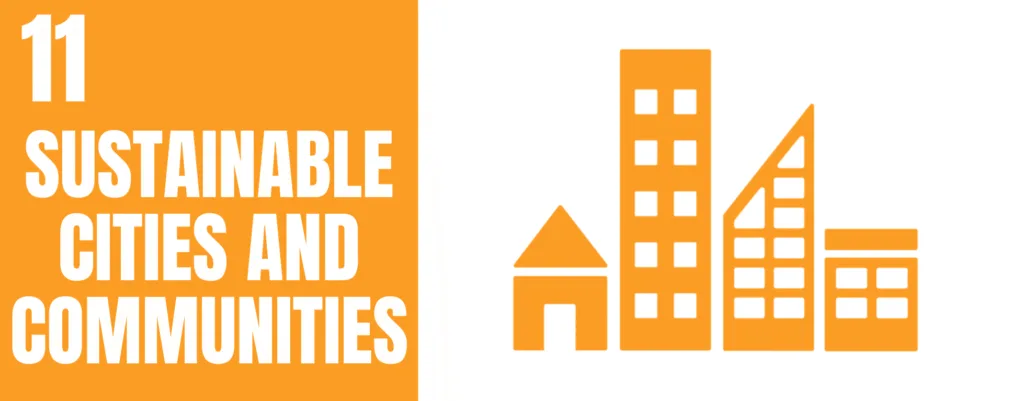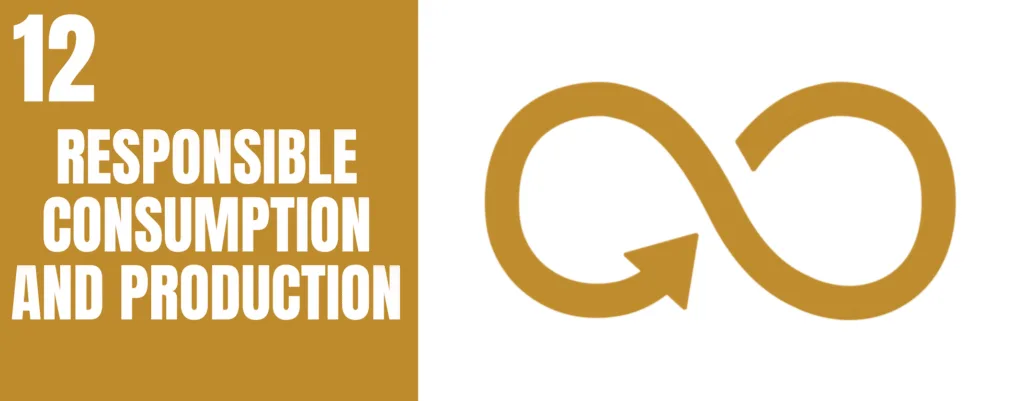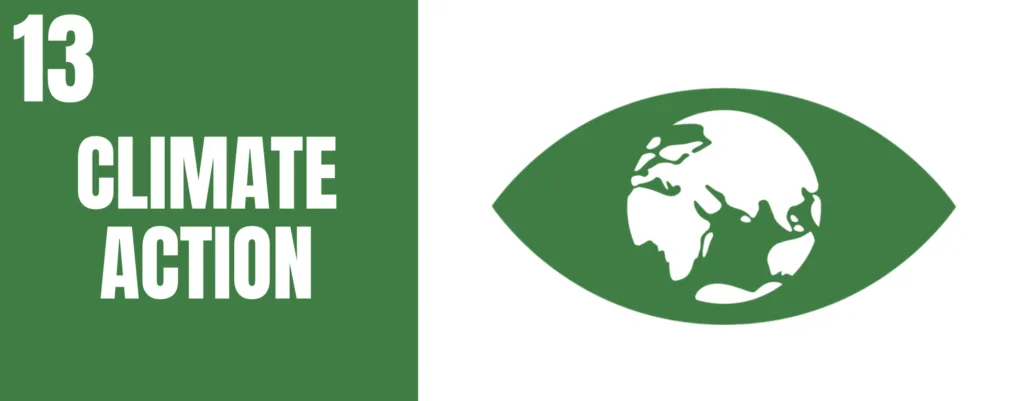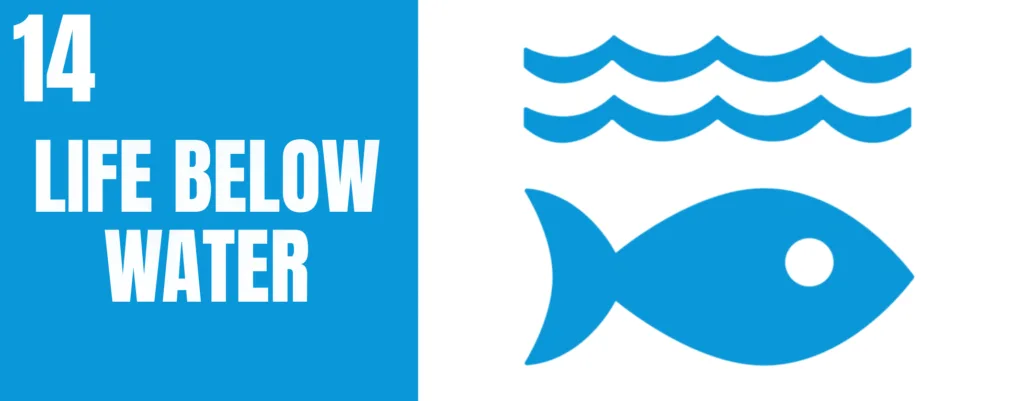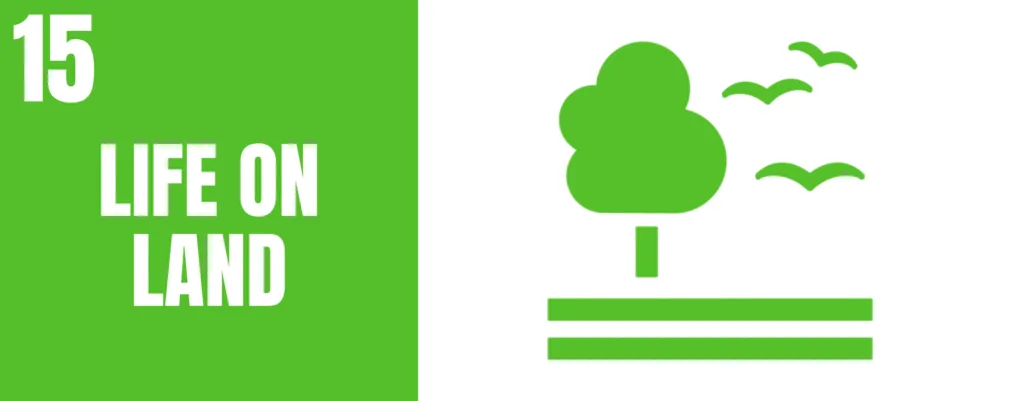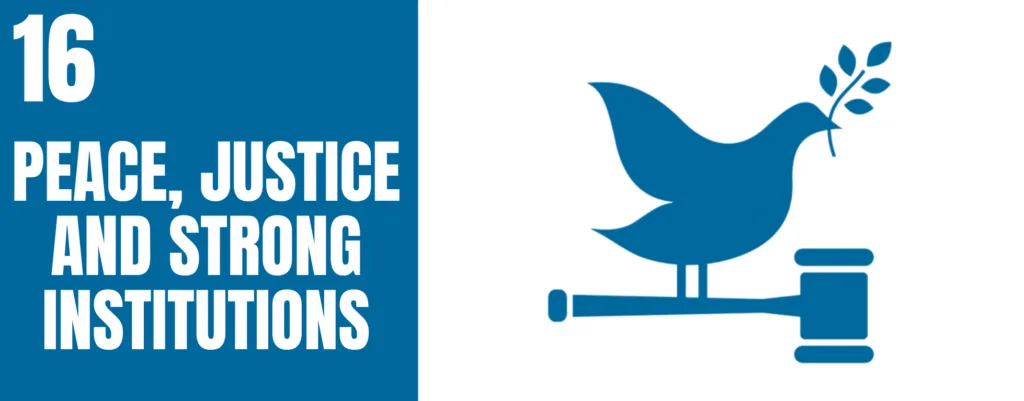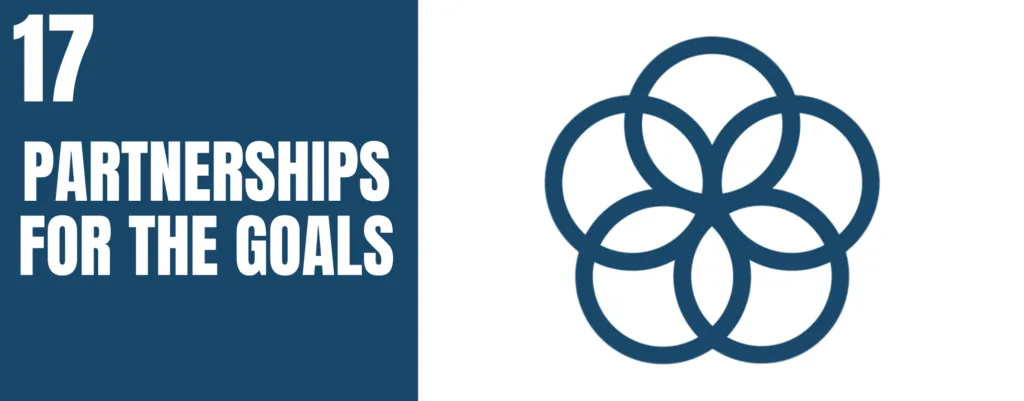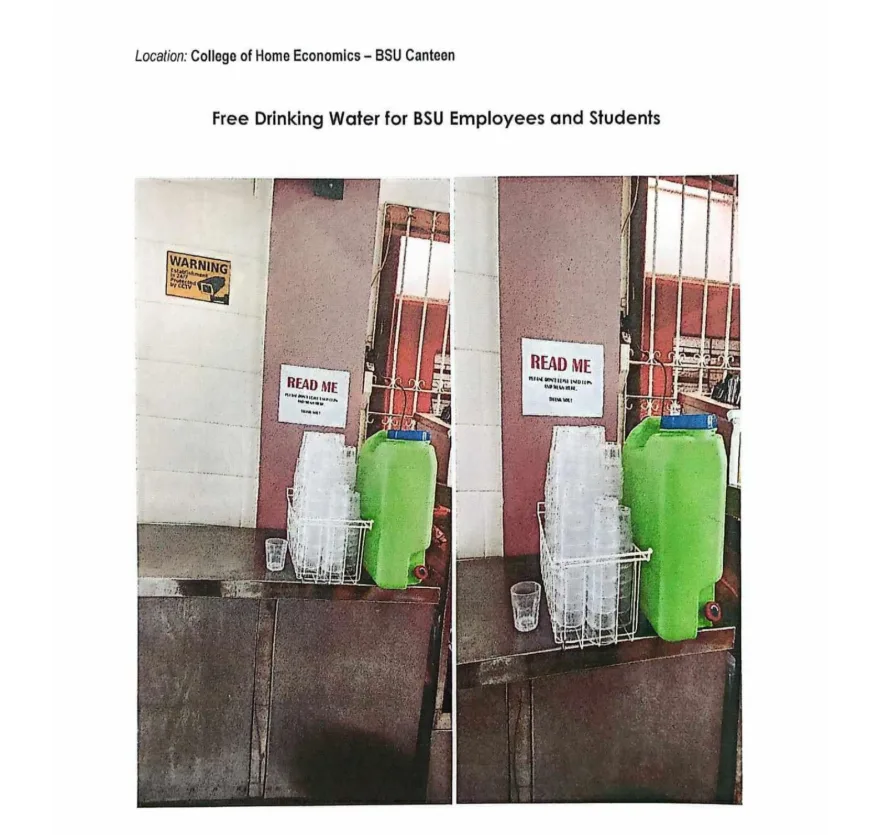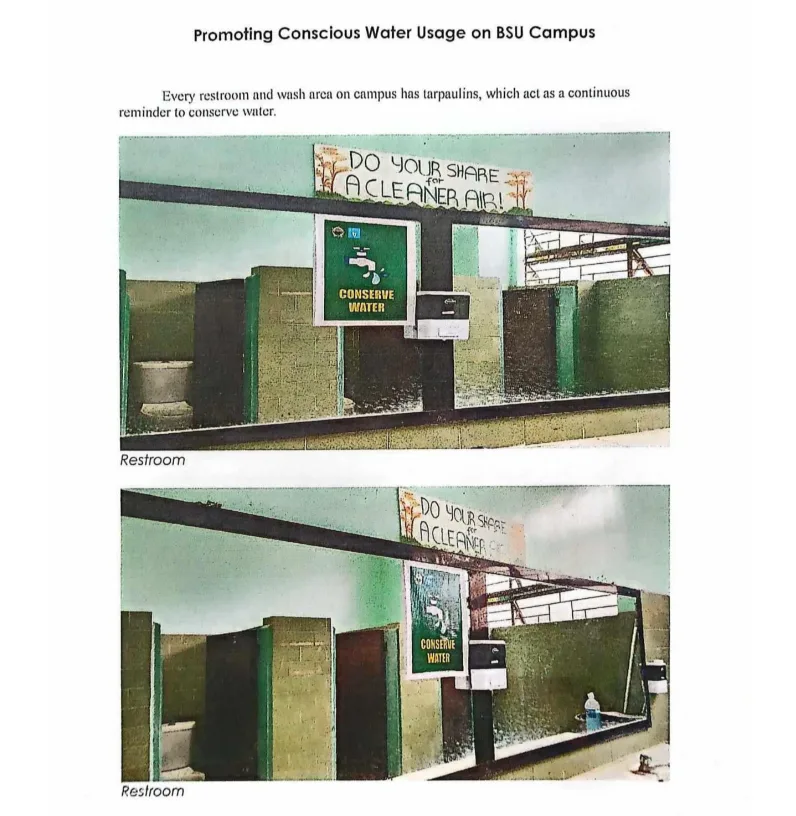SDG 6: CLEAN WATER AND SANITATION
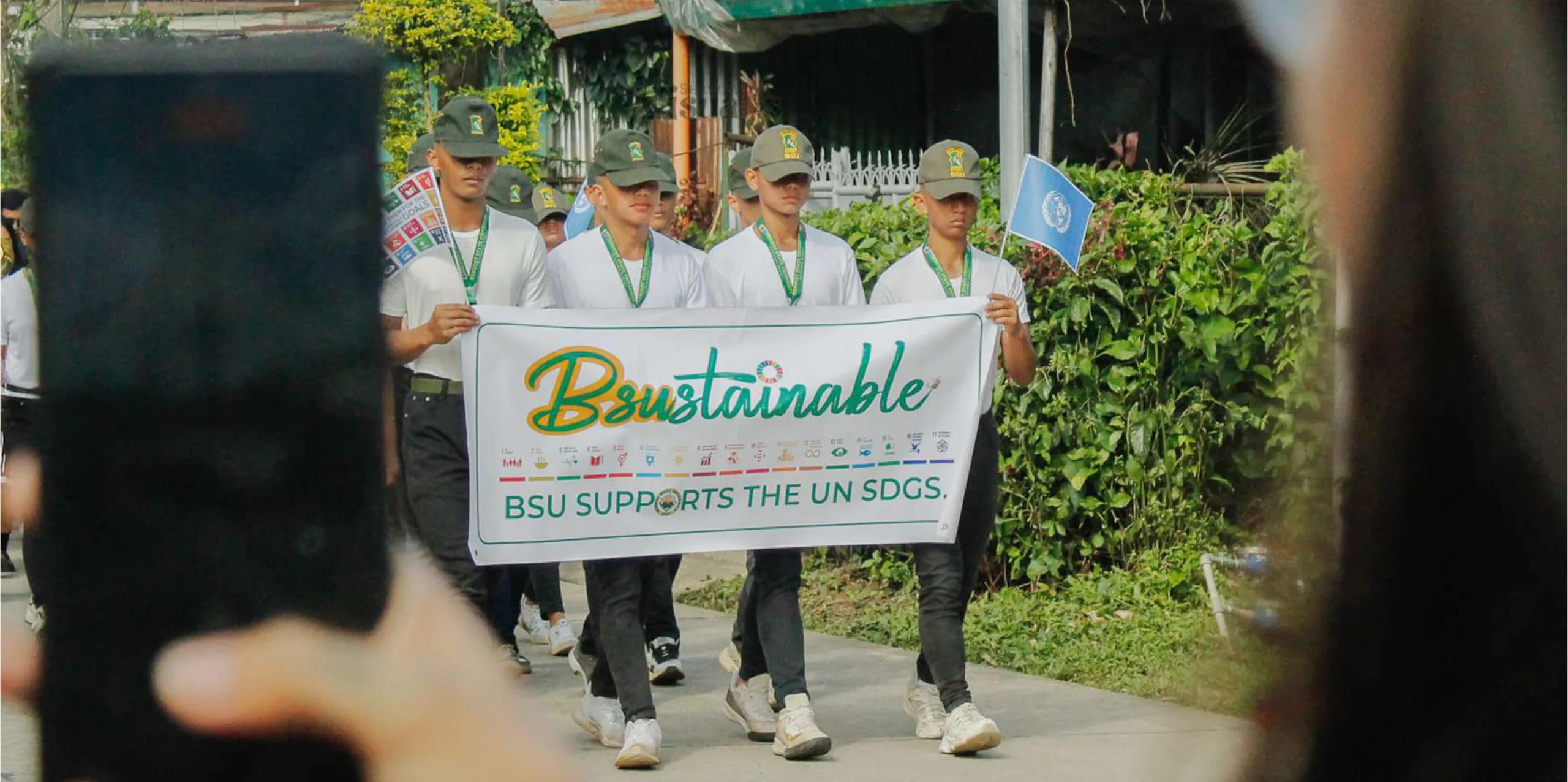
Benguet State University (BSU) demonstrates a commitment to SDG 6, but comprehensive data for many specific indicators are not publicly reported. The university’s efforts primarily focus on research, community engagement, and specific infrastructure projects, rather than on detailed internal metrics like water consumption per person or water reuse measurement.
Water Consumption and Management
Water Consumption per Person: Specific data on the total volume of water used by the university in 2024 is not available in public documents.
Wastewater Treatment: BSU actively engages in research on wastewater treatment and water quality. A 2024 study co-authored by BSU researchers explored the use of constructed wetlands with local plants to treat the polluted Balili River, showing high efficiency in removing pollutants.
Preventing Water System Pollution: BSU has been involved in the Adopt an Estero Program, which aims to rehabilitate and prevent further pollution of the Balili River. This initiative, in partnership with other entities, includes clean-ups and information drives to raise social awareness about water pollution.
Free Drinking Water: BSU collaborated with Moog Controls Corporation and the Water Planet Foundation in late 2024 to install a water tank and filtration system to provide safe and potable drinking water for students. This project addresses the need for free, safe drinking water on campus.
Water-Conscious Building and Planting: While the university promotes sustainable practices through its #BSUstainable campaign and other initiatives, there is no specific publicly available information from 2024 detailing the application of water-conscious building standards. However, BSU’s extensive green spaces and tree-planting activities, which align with SDG 15 (Life on Land), indirectly contribute to water conservation by promoting healthier ecosystems that can better manage water resources.
Water Reuse
Water Reuse Policy and Measurement: There is no publicly available information from 2024 regarding a specific university-wide policy to maximize or measure water reuse.
Water in the Community
Water Management Educational Opportunities: BSU provides educational and training opportunities for the community. In late 2024, the university’s Gender and Development Office, in coordination with the Bureau of Fire Protection, conducted a Water Rescue Safety and Drowning Prevention training. This initiative directly contributes to community knowledge and safety regarding water resources.
Off-Campus Water Conservation Support: BSU’s research on the Balili River, which is a key water source for the community, and its participation in rehabilitation programs demonstrate support for off-campus water conservation. The university’s research outputs are intended to inform and support local and national policies on water management.
Sustainable Water Extraction: A public record from late 2024 mentions the repair and upgrading of a deep well pump and water line system, indicating that the university extracts its own water. However, there are no public reports on whether sustainable extraction technologies are being utilized.
Cooperation on Water Security: BSU cooperates with local, regional, and national governments on water security. Its involvement in the Balili River Water Quality Management Area (WQMA) Action Plan is a clear example of cooperation with local and regional bodies. The university’s research and policy outputs are also aimed at informing national efforts on water resource management.
Promoting Conscious Water Usage: The university actively promotes sustainability through campaigns like #BSUstainable, which includes water conservation as a key theme. While these efforts are geared towards the campus community, the results of its research and its cooperation with external partners extend this promotion to the wider community.
